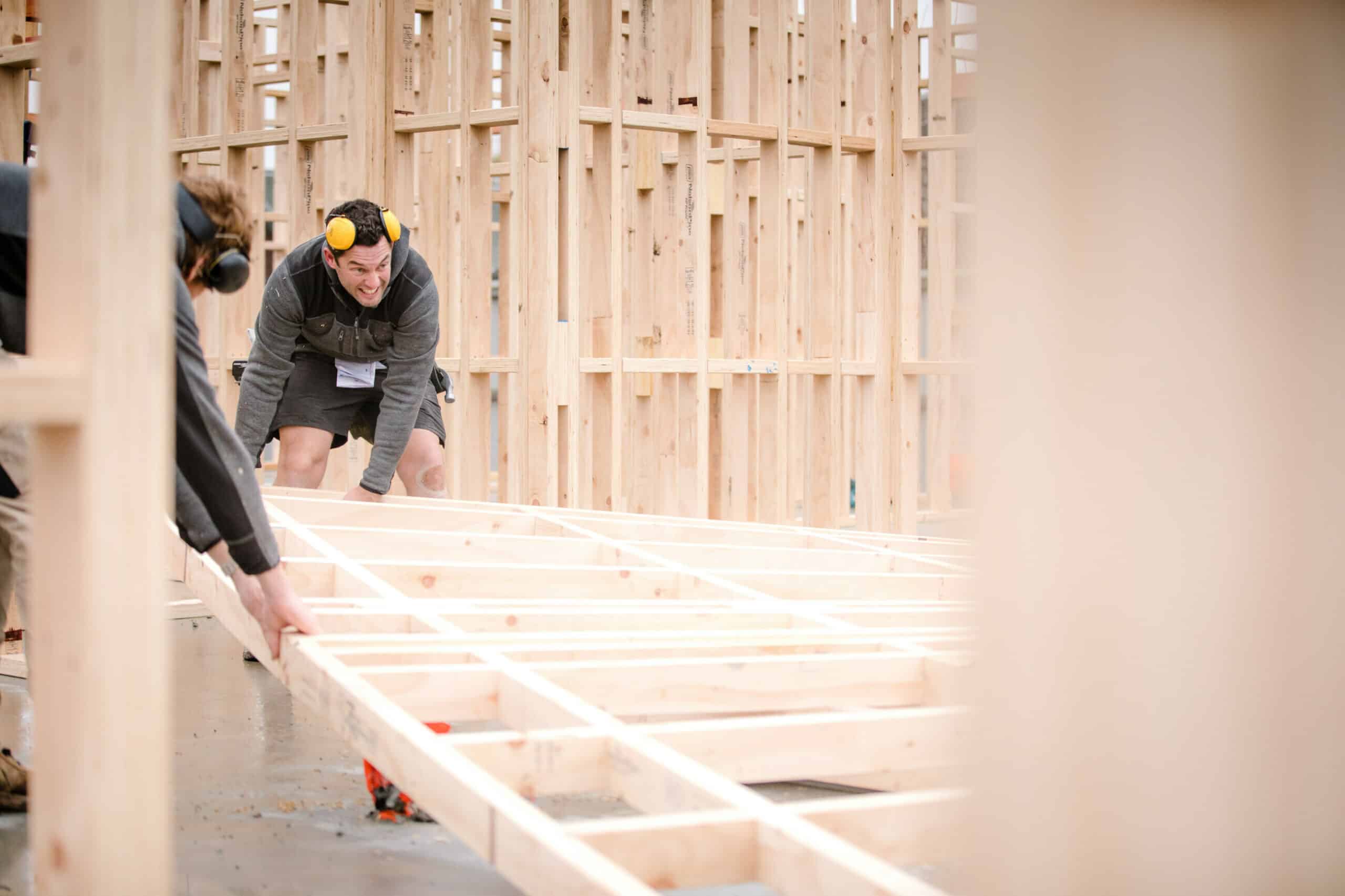
The government and media have recently been talking about build-to-rent (BTR) as a solution to New Zealand’s housing problems. But what does the term BTR mean, and how will it benefit Kiwis when the housing market is facing one of its most challenging times?
A relatively new concept in New Zealand, BTR refers to residential developments specifically built for long-term rental rather than for sale. It’s not simply about a developer building x number of houses on a piece of land and renting to tenants looking for short-term accommodation. The model involves funding from institutional investors, pension funds and developers who finance, develop, and manage the property. Located near amenities – public transport, schools, shops – BTR houses are based on the idea of community. BTR developers create warm, dry, and healthy homes designed to suit a renter’s lifestyle. This often includes shared or communal facilities, such as gyms, lounges and dining spaces, to create mini communities where residents can interact.
Major players in the market
Resido, New Zealand’s largest BTR project, recently opened on Lynton Rd off the Mt Wellington Highway beside Sylvia Park. Costing $200 million, the property’s 12-level towers comprise 295 units with dwellings starting at $697 a week. Two-bedroom, two-bathroom 90sqm places are $921 a week, while the same number of bedrooms and bathrooms in a 76-80sqm place costs $889 a week. There are common areas for residents, including a lounge, rooftop barbeque area, co-working space and gym. Pet friendly, with bike parking and a community garden, the site is close to restaurants, cafes, shops and a train station.
Kiwi Property conceived the Resido project with Chief Executive Clive Mackenzie saying he saw huge opportunities for the growth in the build-to-rent residential sector in New Zealand.
“Build-to-rent [BTR] is an exciting new way of living that will offer Kiwis a combination of quality accommodation, secure tenancies and great amenities. With the number of renters in Auckland growing sharply, our aim is to help alleviate the current housing shortfall while delivering a superior renting experience,” he said.
Another key player in the market is Simplicity Living. Backed by Simplicity’s KiwiSaver and investment fund, the company develops and operates high-quality build-to-rent homes. Simplicity Living started in Auckland; however, its long-term aim is to build, own, and operate over 10,000 quality rental homes across New Zealand.
BTR pros and cons
When it comes to advantages, BTR will provide New Zealand with a much-needed stable rental supply, increasing the number of high-quality rental housing. Moreover, investors add to the country’s housing supply rather than buying existing stock to rent out. Long-term tenancy options provide tenants more stability than private rentals, which owners can sell at short notice. As properties are managed by professional companies, maintenance and tenant services are handled efficiently.
As new builds, dwellings are constructed with the latest or advanced standards, making homes healthier with potential heat and power cost savings for tenants. The BTR model allows one landlord to be responsible for maintaining the building instead of having body corporates representing the owners rather than the tenants’ interests.
There are some drawbacks to BTR, such as the high initial investments required, which can limit the number of players who can enter the market. Detractors believe the schemes could discourage homeownership if a significant portion of the housing stock is rental property. However, the government is keen to back the BTR sector, with Housing Minister Chris Bishop introducing new rules to assist developers, saying, “The legislation… will amend the Overseas Investment Act to create a new streamlined consent pathway that would allow investors to purchase land with the intention of building a new build-to-rent development or purchasing an existing one,” before declaring, “New Zealand is open to foreign investment in build-to-rent developments.”
The future of BTR
While BTR developments have primarily been constructed in Auckland, operators such as Simplicity Living and New Ground Living are looking at opportunities further afield. With industry, government, and tenants looking on, it will be interesting to see if BTR will become a success story and mitigate some of the housing issues New Zealand is currently facing.